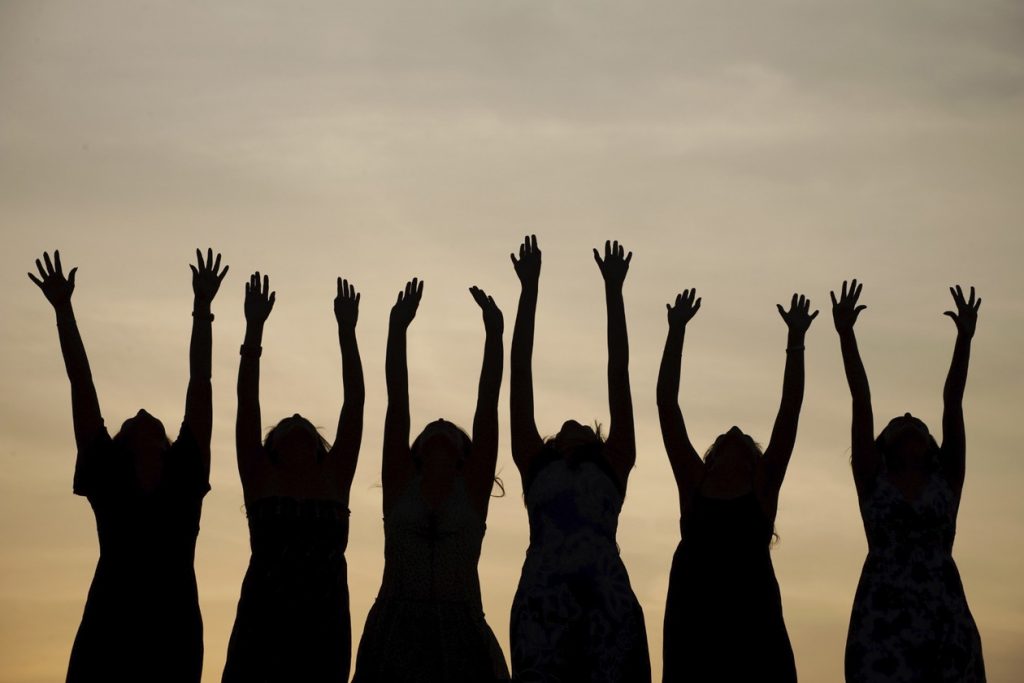Going by Hindu traditions, a woman cannot perform the last rites of her parents or her husband. The reason: Women are considered too frail to even go to the burial ground. So, since time immemorial, these rites have been solely performed by men. That said, Indian society is fast changing. At a time when women and men are considered equal, many daughters and wives too now perform the last rites of their parents and husband.
A recent example is that of octogenarian Rekha Mitra from Rourkela who lit the funeral pyre of her husband. Rekha Mitra and Srinivas Mitra, both 83 years old, were childless. Last Sunday, Rekha Mitra took the bold step of performing the last rites of her husband after relatives declined to take the responsibility. She certainly broke a barrier and once again proved that women and men are equal. Orissa POST asked a few women from the city if they think that women should have equal rights in performing the last rites of their near and dear ones.
Odia film and television actress Madhumita Mohanty says that she performed the last rites of her father, author Sarat Mohanty. Interestingly, Madhumita was the first woman to be granted permission by the priests at Swargdwar to perform this ritual. From lighting the funeral pyre to pitru shraddha, an important ritual traditionally performed by the eldest son of the deceased, she did everything.
The actress says, “My parents were very liberal and treated me no less than a son. So, no one objected when I decided to perform the last rites of my father. Instead, everyone praised me. Every change in society happens gradually. Today, daughters are being allowed to do a lot of things that were until recently done only by sons.” She is optimistic that soon a day will come when no one will differentiate between the rights of a man and woman.
Saswati Patnaik, a social worker from Bhubaneswar, says, “Many customs and rituals were set by our ancestors. But there’s nothing in the Vedas that says that a woman cannot perform the last rites of her parents or husband. Neither does the law prohibit a woman from doing so. Times are changing and women cannot be looked down upon anymore. In fact, it’s good to see that many men are supporting women and treating them as equals.” Saswati feels that if women are treated as equals, many problems will automatically get resolved.
“There are numerous examples of daughters performing the last rites of parents. So much so, that I have also heard of daughters-in-law lighting the funeral pyre. In the Arya Samaj tradition, women can perform the last rites of parents,” says actress and danseuse Subhankari from Bhubaneswar.
“Sons and daughters have equal rights. Earlier, women were considered weaker, and many people thought that they might feel nervous while performing these rituals. So, the rights were given to men. But today women are no longer considered weaker and many are coming forward to perform the final rites of their parents and husbands,” she adds.
Anusuya Mohanty, a businesswoman, says, “For ages, women have been considered the weaker sex and hence they were not allowed this right as they might feel nervous. They were also not allowed to work. But people no long consider daughters as a burden. At the same time, there are still many who wish that their last rites should be performed by a son. This should change.”
BRATATI BARAL, OP
